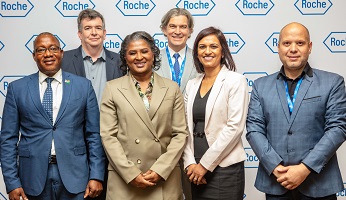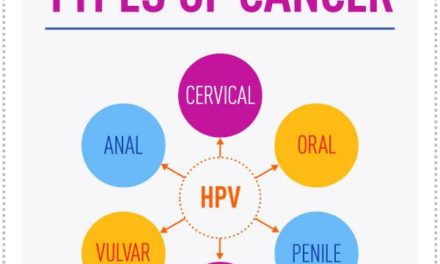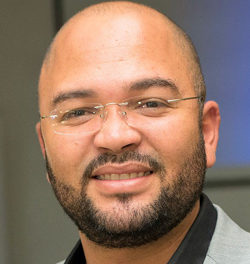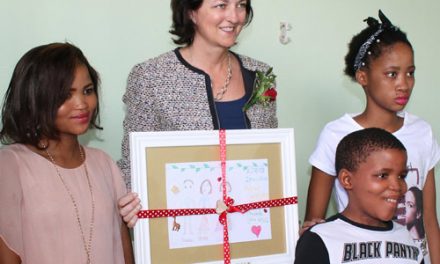
Swiss biotechnology engages with local stakeholders on quest to eradicate cervical cancer by 2030

By Jaenique Swartz.
Swiss biotechnology company, Roche Diagnostics recently hosted a Human Papillomavirus (HPV) workshop in Windhoek to discuss the country’s cervical cancer elimination strategy.
In attendance at the workshop was First Lady Monica Geingos and Chief Executive of the Cancer Association of Namibia, Rolf Hansen.
The discussions focused on fostering collaboration between key stakeholders across the healthcare system to eradicate cervical cancer in the country by 2030.
“This workshop has been an important milestone in the fight against cervical cancer. Through public-private partnerships and collaboration, the 90-70-90 goal is within reach. We are excited to see the progress unfold over the next seven years,” said Hansen.
Currently, over 604,000 women are diagnosed with the preventable disease caused by infection with HPV, whereby 342,000 women die each year.
Namibia has a population of 855,578 women aged 15 years and older who are at risk of developing cervical cancer. Current estimates indicate that every year, 375 women are diagnosed with cervical cancer, and 214 die from the disease. And cervical cancer ranks as the second most frequent cancer among women in Namibia.
The initiative driven by Roche intends to implement self-sampling technology which is assured to transform cervical cancer prevention in the country.
“Leveraging Roche’s experience in high-burden disease testing and expanding self-testing diagnostics capacity, we are making critical progress in the fight against cervical cancer,” said Merilynn Steenkamp, General Manager of South Africa & SADC countries.
Meanwhile, the WHO’s 90-70-90 goals are the organisations ambitions towards the global walk of preventing, screening, and managing cancer. WHO has estimated to impact 78 low and middle-income countries in the following years.
 Front Row: Ben Nangombe, Executive Director: Ministry of Health and Social Services, Her Excellency Monica Geingos, First Lady of Namibia, Merilynn Steenkamp, General Manager, Roche Diagnostics, Rolf Hansen, CEO: Cancer Association of Namibia. Back Row: Jonathan Keytel, Director: Strategy and Transformation Africa, Roche Diagnostics, Dr Chris Maske, Qlab Inc.
Front Row: Ben Nangombe, Executive Director: Ministry of Health and Social Services, Her Excellency Monica Geingos, First Lady of Namibia, Merilynn Steenkamp, General Manager, Roche Diagnostics, Rolf Hansen, CEO: Cancer Association of Namibia. Back Row: Jonathan Keytel, Director: Strategy and Transformation Africa, Roche Diagnostics, Dr Chris Maske, Qlab Inc.











































